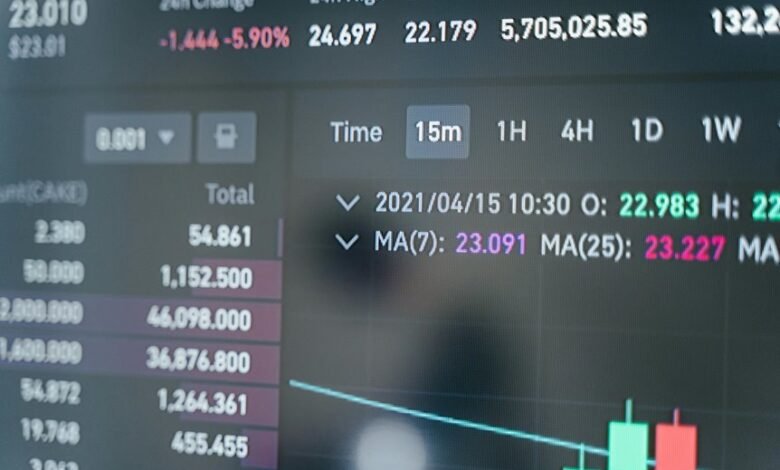The Caller You Can’t Ignore: 7177722920

The number 717-772-2920 often raises eyebrows and prompts questions. Its frequent appearances suggest a blend of marketing efforts and potential scams. What drives these calls? Understanding the motivations behind them is essential for effective communication management. As curiosity grows, individuals must consider how to respond and protect themselves. What strategies can be employed to discern genuine calls from deceptive ones? The answers may hold the key to reclaiming control over your phone interactions.
The Origins of 717-772-2920
The emergence of the phone number 717-772-2920 is a curious case that invites scrutiny and analysis.
Exploring its phone number origins reveals a complex web of associations linked to caller identity.
What motivates the use of this particular number? Understanding its background could empower individuals to better navigate unsolicited communications, reclaiming their freedom from unwanted intrusions in an increasingly connected world.
Why Are They Calling?
Why might callers from 717-772-2920 be reaching out? Understanding caller motivations can uncover various intentions, ranging from telemarketing to urgent notifications.
Identifying numbers can provide insight into the nature of these calls, inviting recipients to assess their importance.
In a world of distractions, discerning the purpose behind these calls empowers individuals to prioritize their freedom and reclaim their time.
How to Handle Unknown Callers
Receiving calls from unknown numbers can provoke a mix of curiosity and apprehension.
Individuals seeking freedom from unwanted distractions may consider utilizing caller identification features to discern the legitimacy of these calls.
If a number appears suspicious, it is wise to block unknown callers.
This proactive approach empowers individuals to maintain control over their communication, preserving their peace of mind in an increasingly intrusive world.
Protecting Yourself From Scams
How can individuals effectively protect themselves from scams that proliferate through phone calls?
Employing effective scam prevention strategies is crucial. Utilizing caller identification tools can help discern legitimate calls from potential threats.
Additionally, remaining informed about common scams and exercising skepticism when sharing personal information fosters self-defense.
Conclusion
In a world where phone calls can feel like a game of chance, the number 717-772-2920 emerges as a wild card, eliciting both intrigue and caution. Just as a seasoned poker player knows when to hold and when to fold, individuals must learn to navigate these calls with discernment. By employing tools and strategies to identify and respond to unknown callers, one can turn the tide in their favor, transforming uncertainty into empowerment and safeguarding their personal space.




